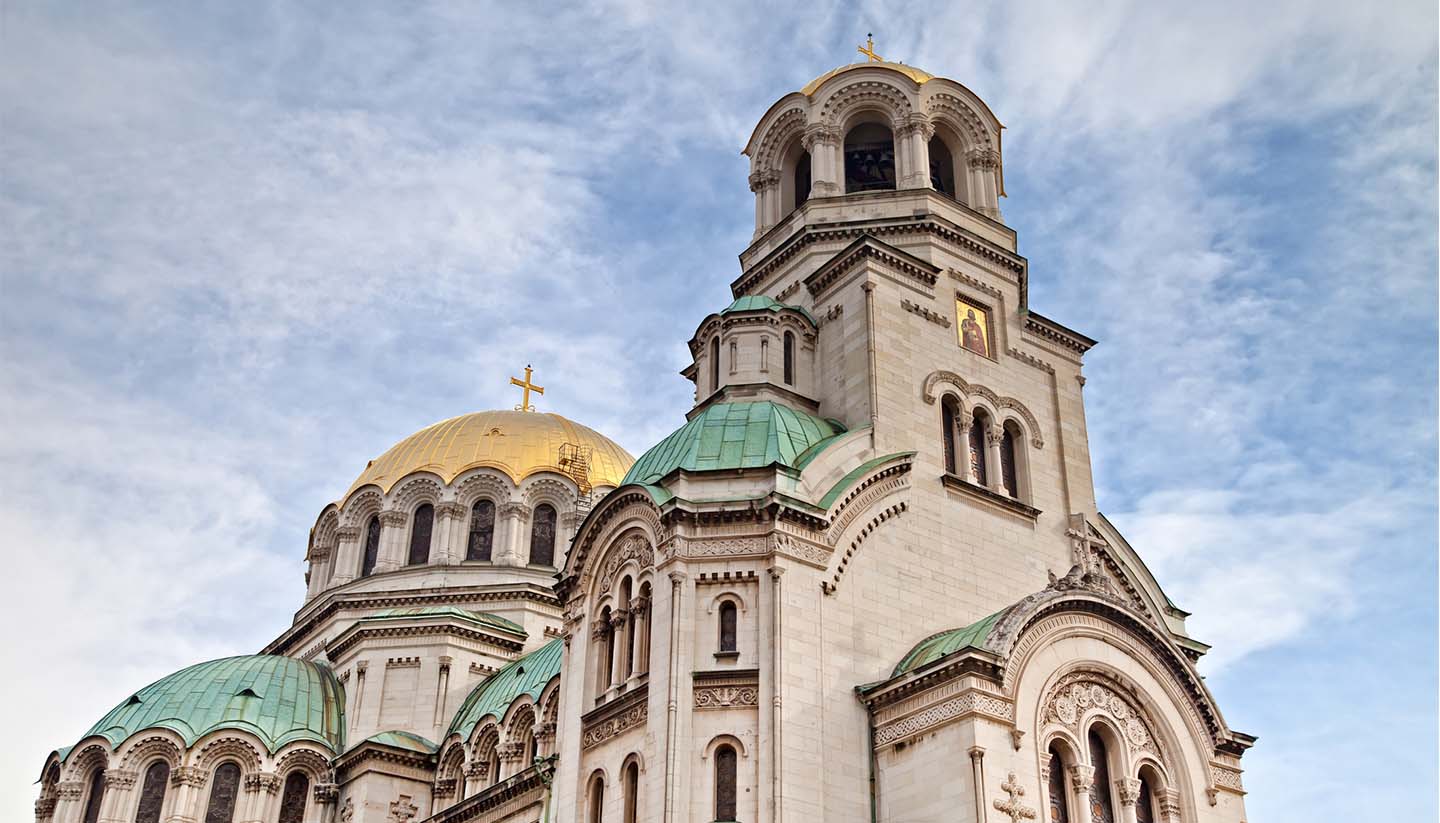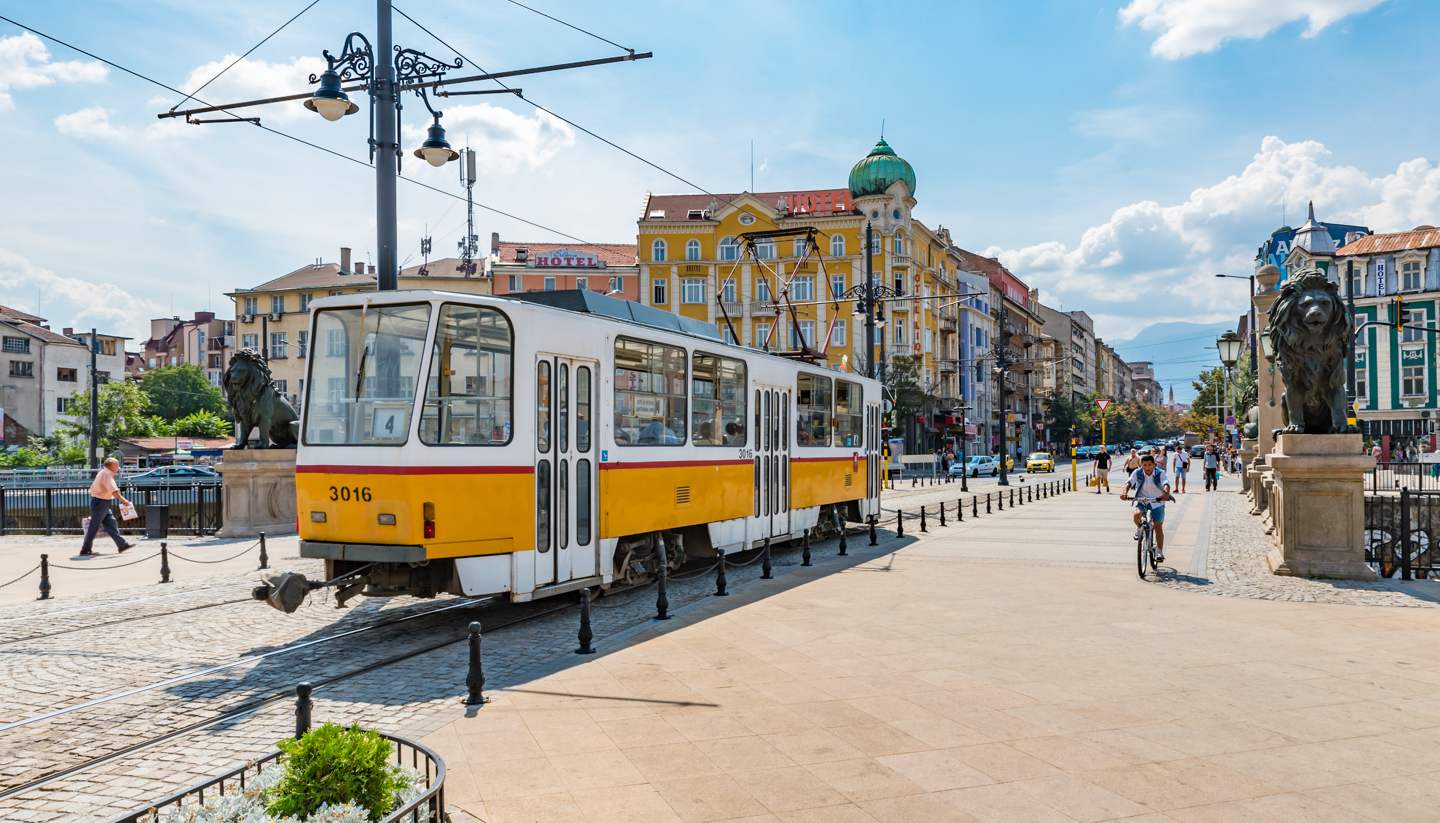Sofia History
Originally known as Serdica, Sofia was founded 3,000 years ago by the Thracians, but the history of the city dates back around 7000 years, making it one of the oldest cities in Europe. The Thracians and a succession of different peoples lived in the city and its surroundings in recent human history, although few are as famous as Philip of Macedonia and his son Alexander the Great who briefly occupied the city around 400BC.
By 29BC, Sofia was in Roman hands under the Emperor Trajan. He, along with his successor Diocletian, set about expanding the city. Loved by the emperors (Constantine the Great called it ‘my Rome’), it later became a hub of the Eastern Roman and then Byzantine Empires, before being razed by the Huns in 447. Rebuilt by Emperor Justinian, it remained a key part of Byzantium until 809 when it was conquered by the Bulgarians under Khan Krum.
Returned to Byzantium in 1089, it pinged back and forth between Byzantine and Bulgarian Empires until 1189 when it was conquered permanently by Bulgaria’s Tsar Ivan Asen I. Another conquest, this time by the Ottomans, came in 1382, and the Turks were in Sofia to stay.
Under the Ottomans, Sofia flourished and rose to become one of the Empire’s leading cities – a position it held until well into the 18th century. With the Turks finally ousted in 1878 during the Russo-Turkish War, Sofia became the capital of the newly independent Kingdom of Bulgaria.
WWI brought the city close to disaster, after it joined the war on the Axis side, while 20 years later, again fighting with the Axis Powers, it found itself heavily bombed by the RAF.
The end of WWII brought Soviet occupation to the city as Bulgaria became part of the Eastern Bloc. Rapid industrialisation followed, with new factories and high-rise apartment blocks springing up all over the city.
Independence returned after the fall of the Berlin Wall in 1989, though things looked precarious in the 1990s as hyperinflation took hold. Today, politically calm and thriving economically, Sofia is back to its beautiful best.
Did you know?
• The oldest building in Sofia is the Church of St. George, which started life as a Roman public bath in the 4th century.
• Sofia wasn’t always called Sofia. It began life as Serdica, before becoming Sredets under the Slavs and Triaditsa under the Byzantines.
• The famous Sveti Kliment Ohridski University was founded in 1888.



